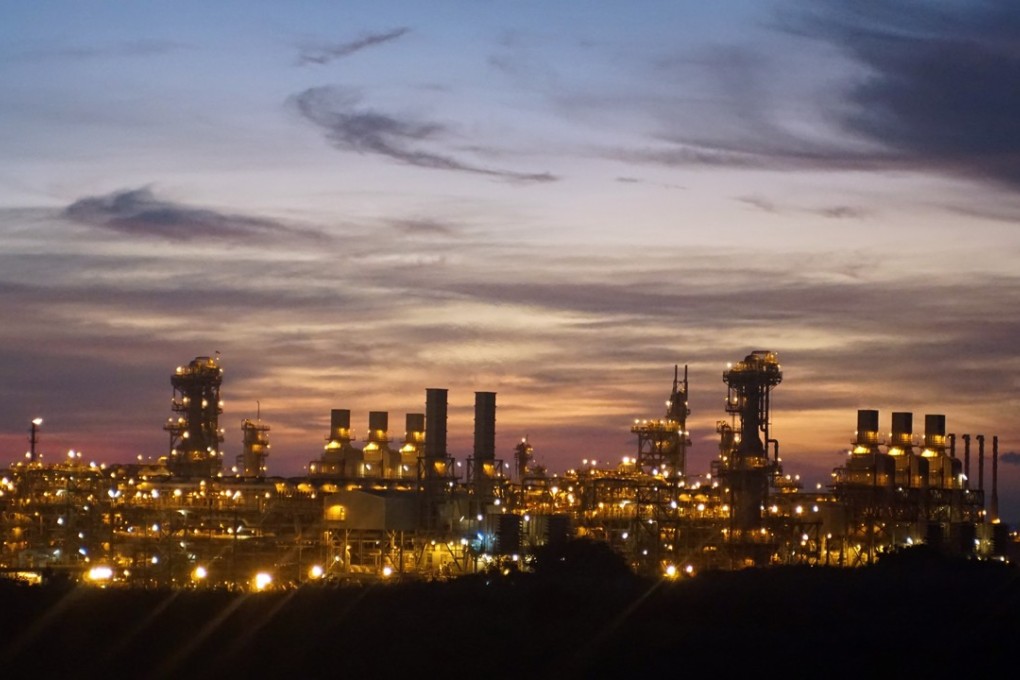‘My people can’t compete’: as China’s influence grows in Pacific, so does local resentment and international worry
Locals in Papua New Guinea say their jobs are going to Chinese labourers, while international analysts worry that once they are in debt, Pacific countries will have no choice but to host China’s military

In the gritty, steamy streets of Papua New Guinea’s capital Port Moresby, signs of China’s push into the Pacific island nation are inescapable.
A Chinese worker stencils a logo for China Railway Group outside the new national courthouse it’s building; China Harbor Engineering Group labourers tar roads under the searing midday sun.
Little by little they are taking slices of our businesses. My people feel we can’t compete
“Little by little they are taking slices of our businesses,” said Martyn Namorong, who campaigns to protect local jobs and communities as China ramps up infrastructure spending in the resource-rich nation, often bringing its own workforce. “My people feel we can’t compete.”
The nation of 8 million people is the latest frontier in Beijing’s bid for global influence that’s included building artificial reefs in the South China Sea, a military base in Africa and an ambitious trade-and-infrastructure plan spanning three continents.
China’s thrust into the Pacific islands region, a collection of more than a dozen tiny nations including Fiji, Niue and Timor Leste scattered across thousands of miles of ocean, has the US and its close ally Australia worried.
The region played a key role in World War II and remains strategically important as Western powers seek to maintain open sea lines and stability.
For Beijing, it offers raw materials, from gas to timber, and a clutch of countries who could voice support for its territorial claims.